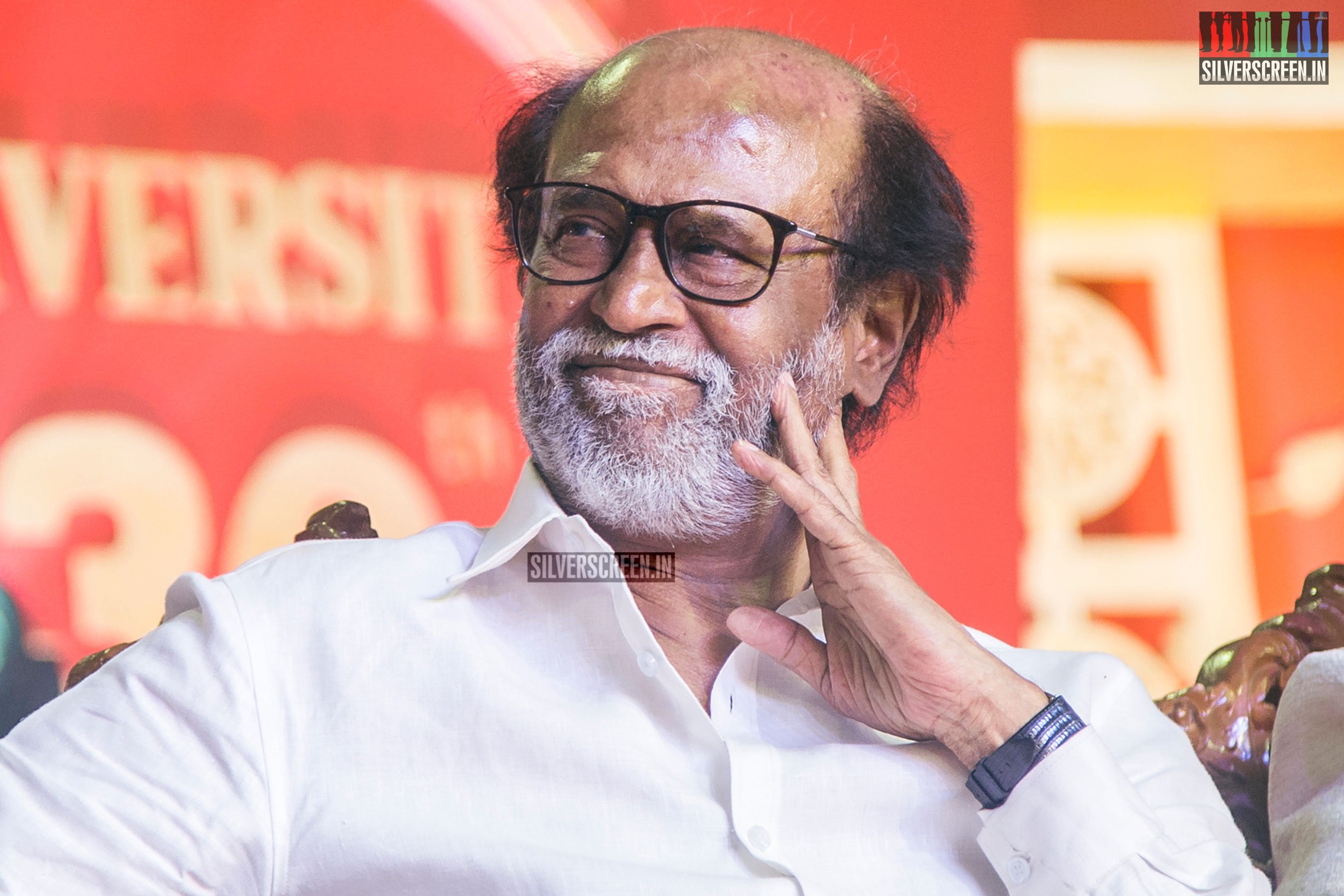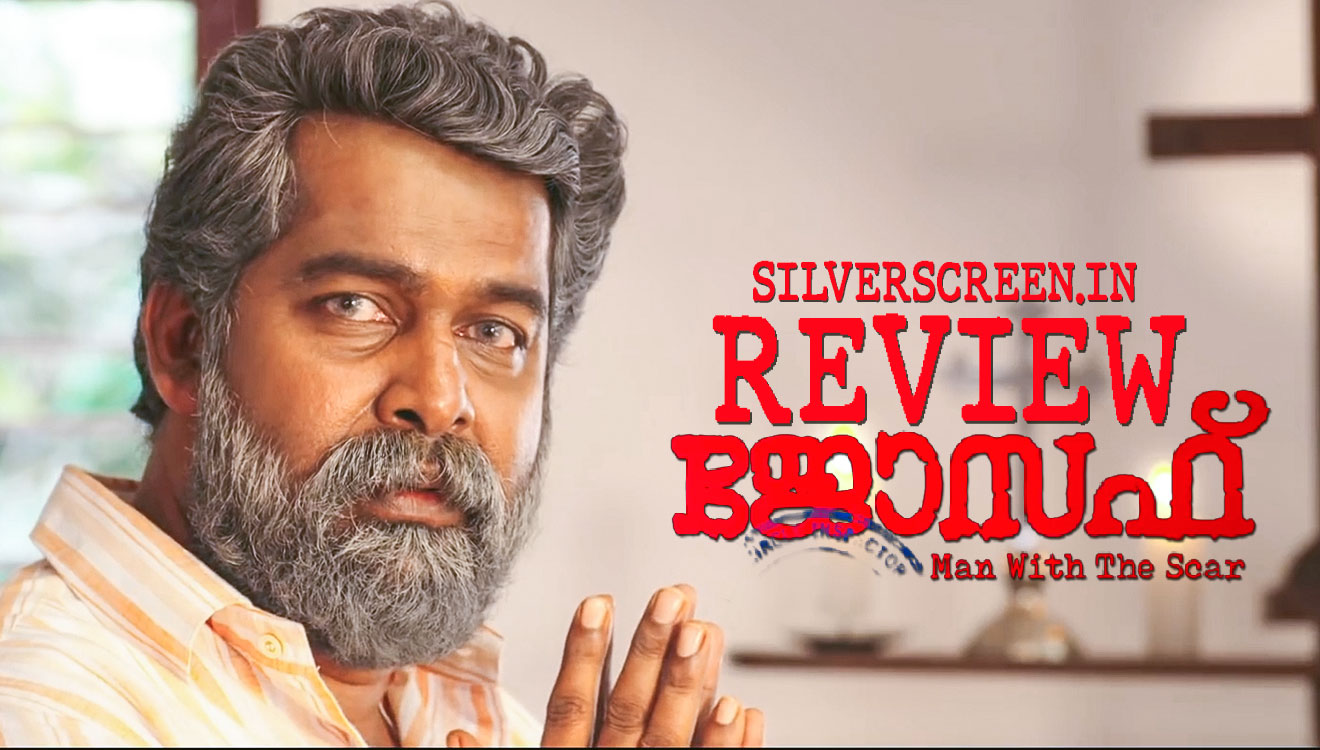Silence was common during filmmaking’s early years. Background music filled the silence on screen, and the expressions and actions of the actors did most of the talking. The shift to talking cinema was gradual.
The present generation’s first exposure to silent cinema might have been Singeetham Srinivasa Rao’s Pushpaka Vimana (Pesum Padam in Tamil). With time, the audience tastes has significantly changed, and with catchy music and mass dialogues, there seems to be no space for silence. But, Karthik Subbaraj, with his upcoming ‘no language’ silent thriller Mercury has rekindled interest in the genre.
Released in 1987, Pesum Padam starred Kamal Haasan, Amala Akkineni, Tinu Anand, Farida Jalal, and Sameer Khakhar. It had no dialogues, but amazing situational music composed by L Vaidyanathan, and the film’s popularity grew back then. Its charm remains intact over three decades later.
A young, educated man (Kamal Haasan) lives in penury. He is desperate for a job, but lands none. He cannot afford to buy clean clothes for himself, and makes do with stop-gap arrangements so that his shirts don’t smell. He reads newspapers at the stand instead of paying for them. He employs the classic ‘thirsty crow’ technique to his half glass of tea, because he can’t buy a full glass. And, when he’s not hunting for a job, he is often seen observing people by standing at the corner of a road, instead of walking into a cafe or any place that involves spending money.
He briefly experiences the life of a rich person and finds love with a magician’s daughter. A case of mistaken identity is also thrown in, with a contract killer on the loose, walking around with a knife made of ice.
The film, completely bereft of any dialogues or sound by the characters save a couple of coughs and muffled screams, relies heavily on the concept of ‘show, don’t tell’. The action is organic, and it almost seems like the characters live in a world where it is not necessary to have a conversation to get one’s point across.
The music, though, is the real highlight. In an interview with Silverscreen in 2016, Rao, who is over 85 now, spoke about how he had Satyajit Ray in mind when he thought of music. “I wanted someone who would work according to my commands rather than someone like Ilaiyaraaja who would want to compose music according to their liking. That approach wouldn’t work in a movie like Pesum Padam for which I had a particular music in mind. I knew where to start the music, where to stop it, and the texture of the music. The control had to be with me. So, I thought of roping in someone like Ray who would be able to give a freshness to the music. Being a filmmaker himself, he would understand what I wanted from him. Finally, L Vaidyanathan composed the music,” he said.
With the music taken care of, the story of a hapless young man who changes his perception about life made Pesum Padam all the more charming; it has over the years aged like fine wine. Even now, one can relate to the characters – the male lead, the heroine who’s not really shy, the homeless beggar who turns out to be rich, or a rich man kidnapped after getting drunk. The characters are all too real, and the situation and the chase for money all too familiar – a deliberate move by Rao.
“That’s the life I lead. I don’t want to amass wealth. At the same time, I am not a person who romanticises poverty. Money is important, but that is not everything,” he told us then.
Recommended
Bearing this in mind, Karthik Subbaraj’s Mercury uses silence differently, as a plot device. In the trailer, you see Prabhu Deva appearing maniacal, almost zombie-like, hunting down a few youngsters in a godown near a cemetery. Intermingling silence with fear, Mercury couldn’t have picked a better time to release – A Quiet Place, another film with a similar storyline, is making waves in theatres for juxtaposing horror with sound as opposed to scary images.
Feature Image: Twitter



